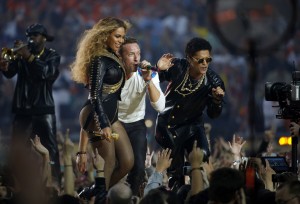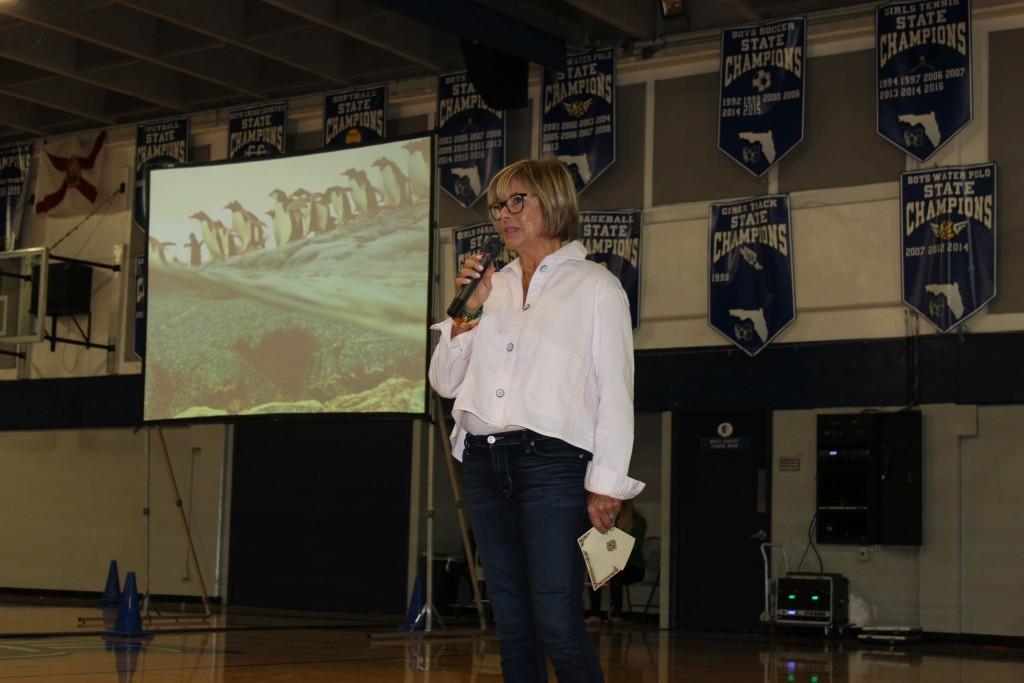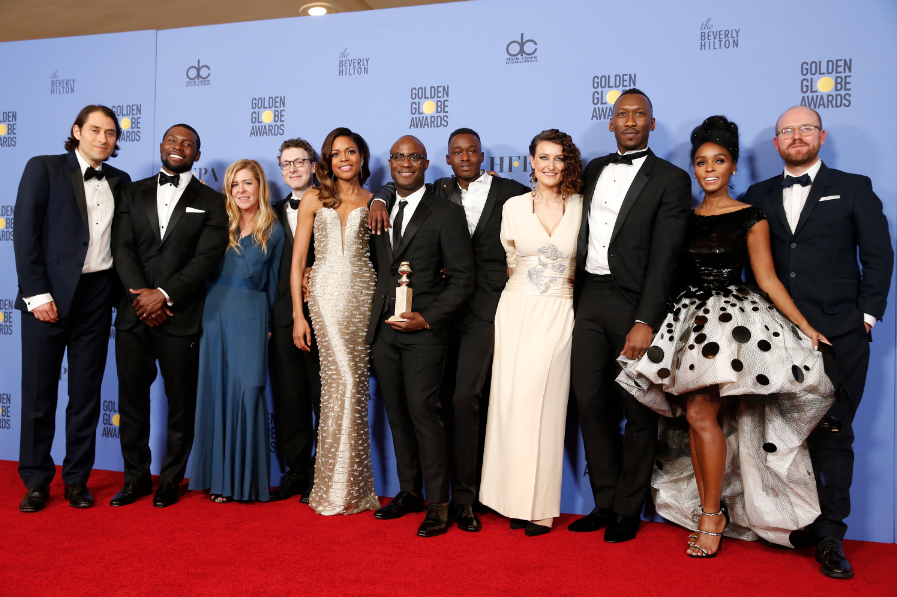
On Feb. 6, Beyoncé released her first new song since 2014, a song titled Formation. And the reaction from some viewers was absurd.
The video depicts images of African American culture in New Orleans. There are images of flooded houses and classic Mardi Gras celebrations as the music plays with unabashedly proud lyrics such as “I might just be a black Bill Gates in the making.‚ÄĚ This video is one of the most visible times Beyonc√© has embraced her southern heritage.¬†And people are completely overreacting.
SNL captured the essence of the viral chaos following the release of her video with their skit entitled “the day Beyonc√© turned black.” In this skit, people lose their minds in a near-dystopian fashion, as they run screaming through the streets and hiding under desks.
Her performance during the Super Bowl was also strongly criticized. Despite an amazing performance with spectacular singing and dancing, some focused on how her dancers were not diverse enough; that is, they were all African American. Considering all-white dance crews are common enough, the all-African American crew is far from offensive.
Though people are not running and screaming through the streets as satirized in the recent Saturday Night Live skit, the actual reaction has been harsh. According to a recent article on the website the Inquisitor.com, police are being urged to boycott Beyonc√©‚Äôs ‚ÄúFormation‚ÄĚ world tour. This movement, headed by¬†President of the Miami Fraternal Order of Police Javier Ortiz, urges officers to not provide protection during her upcoming world tour in May and June.
The video does not contain nearly enough controversial material to receive such backlash. There is a powerful shot of a young African American boy dancing in front of police in full riot gear before raising his hands in the fashion of the Black Lives Matter movement, but this is a small shot in an otherwise harmless video. Yes, there is one other part where it passes over graffiti saying “Stop Shooting Us.”
However, it is Beyoncé’s right to show pride in her heritage and to subliminally support a movement in her own art.
She has the right to make her art freely, but the police do not have the right to not provide her protection as a result of a mildly controversial video and performance.




